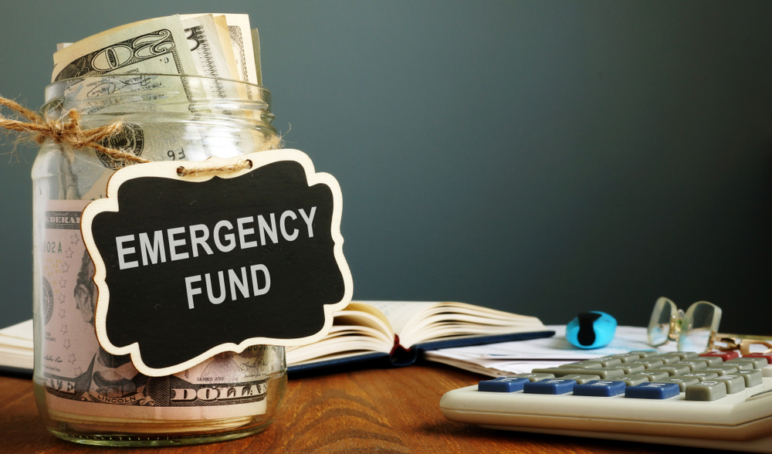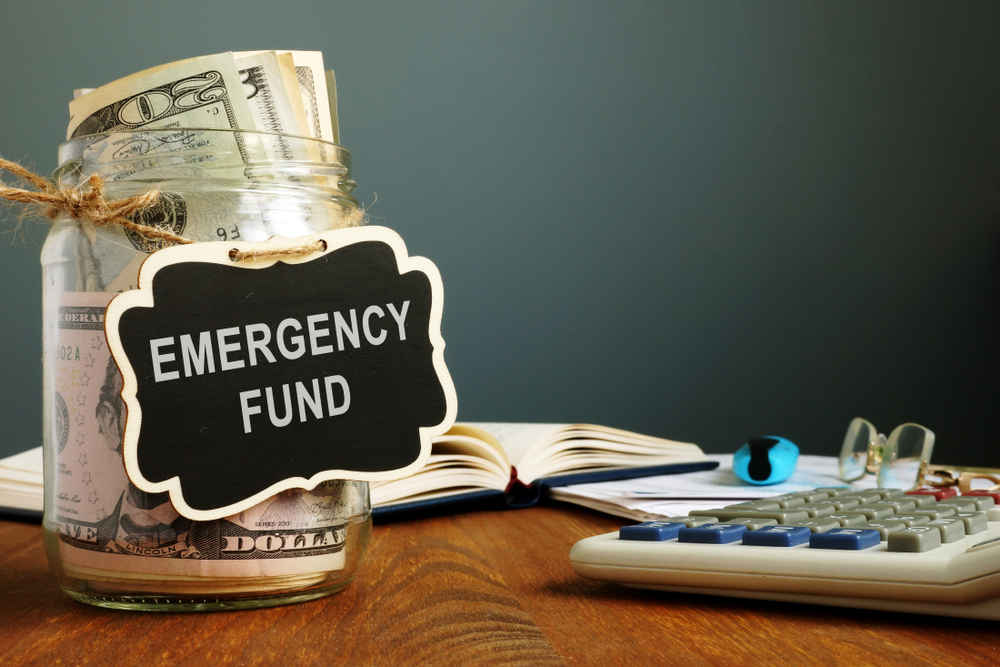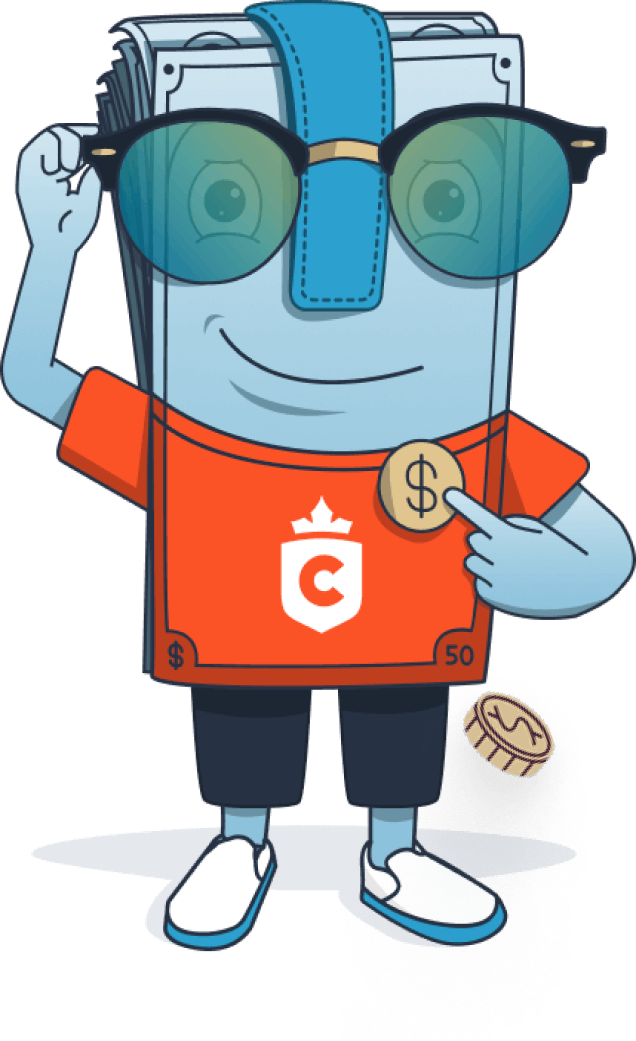

There are a lot of things to check off your list when attempting to maximize your personal finances. Regardless of where you are in the process, an emergency fund is something everyone can start at any time. Here’s everything you want and need to know when it comes to emergency funds.
WHAT IS AN EMERGENCY FUND?
An emergency fund is a separate savings account that serves as a financial backup in the face of…you got it, an emergency! It should not be used for buying something on your wish list or a vacation. Its’ purpose is to help you to be able to afford unforeseen costs like a roof repair, car repair, or to pay the bills if you lose your job.
WHY DO YOU NEED AN EMERGENCY FUND?
An emergency fund helps you prepare for unexpected expenses. In addition to providing you with a bit of extra security, an emergency fund also helps eliminate the need to add more debt to your life. For example, imagine your car suddenly needs a $2000 repair. Rather than borrow money, put it on your credit card or take it out of your general savings, you can take it from the emergency fund. “One of the first steps in climbing out of debt is to give yourself a way not to go further into debt,” says NerdWallet columnist Liz Weston.
HOW MUCH DO YOU NEED FOR AN EMERGENCY FUND?
“According to a popular rule of thumb, you should aim for between three and six months’ worth of expenses. But in some circumstances, you may want to save up to 12 months of living expenses.” – The Balance. That amount is overwhelming for most, especially if you think of it as a short-term goal. It is not, however, a short-term goal. The six months’ salary is your long-term, end goal. To successfully save for an emergency fund, it’s essential to be reasonable and break it down over time to fit your lifestyle.
- Keep in mind your end goal of six months’ salary.
- Create or consult your budget and see how much you can reasonably set aside each month.
- Remember that even saving $10 off every paycheck adds up over time.
- Calculate the amount you can save monthly by twelve, giving yourself a short-term goal in mind.
- Create a list of reasonable costs that fall under the emergency category. DO NOT spend money from your emergency fund on anything else.
- Once you’ve withdrawn from your emergency fund, get right back into building it back up.
WHERE SHOULD YOU SAVE YOUR EMERGENCY FUND?
You can build your emergency fund wherever you please. However, you ideally want to find a savings account with the highest interest while still allowing you the freedom to withdraw when you need to. A TFSA (tax-free savings account) is a good option. While the interest-earning rate is only a touch higher than a regular savings account, you have more wiggle room when it comes to withdrawing your money. A standard savings account is also a valid option – if you have the self-control not to access the money except in a legitimate emergency.
HOW CAN I MAKE EXTRA MONEY FOR MY EMERGENCY FUND?
No doubt, even with a good salary, it can be a challenge to set money aside for multiple reasons. More often than not, our money is mapped out for immediate costs, savings and retirement savings. There are a few simple ways you can earn extra money to help build your emergency fund. Here are some small changes that can lead to significant savings.
- Purge | Purging your home of unused goods can be both mentally and financially beneficial. Look at anything – clothes, furniture, appliances, toys, etc. – that are in decent condition. Post them on your local community sale website and give them a second life with someone new while making a little cash to boost your emergency fund.
- Forgo | Forgo your morning coffee or weekly take-out and use that money to build your emergency fund instead. Cutting back on your usual expenses, even if just for a little while, can help you grow your emergency fund significantly.
- Odd Jobs | Do you have any unique talents or hobbies? Why not offer guitar lessons, help landscape, and so on? Use your evenings or weekends to tutor someone in the local language or try being a dog walker. There are plenty of side jobs that can make you money as well as become a fun hobby.
- Invest | Investing shouldn’t be your first choice, but if you are already saving money on the side, it can be a great additional way to make a bit of money. Make sure you learn everything there is to know about investing for beginners. Slow and steady wins the race. Emergency funds are meant to help you avoid debt, so choosing to invest in anything high risk would be unwise. Look at investing as a reliable way to build your savings instead of a get-rich-quick plan.
In the event that you are facing an expense that you didn’t anticipate, and you haven’t yet begun your emergency fund, Credito can help. Rather than add more debt to your credit card, you can quickly apply for an online loan to help you without damaging your credit score.
Even the most meticulous planner will come across challenging times and unexpected expenses. Taking the time to build an emergency fund will help you overcome those challenges at least in part, if not in full. Whether you grow your emergency fund slow and steady or as quick as possible, you will rest easy knowing you have that financial buffer for any future emergency.
Credito is a Canadian online credit brokerage corporation that offers loans without credit investigations. No matter what your credit report looks like, we can provide you with a personal loan. You can always count on our professional, discreet, and humane service.





